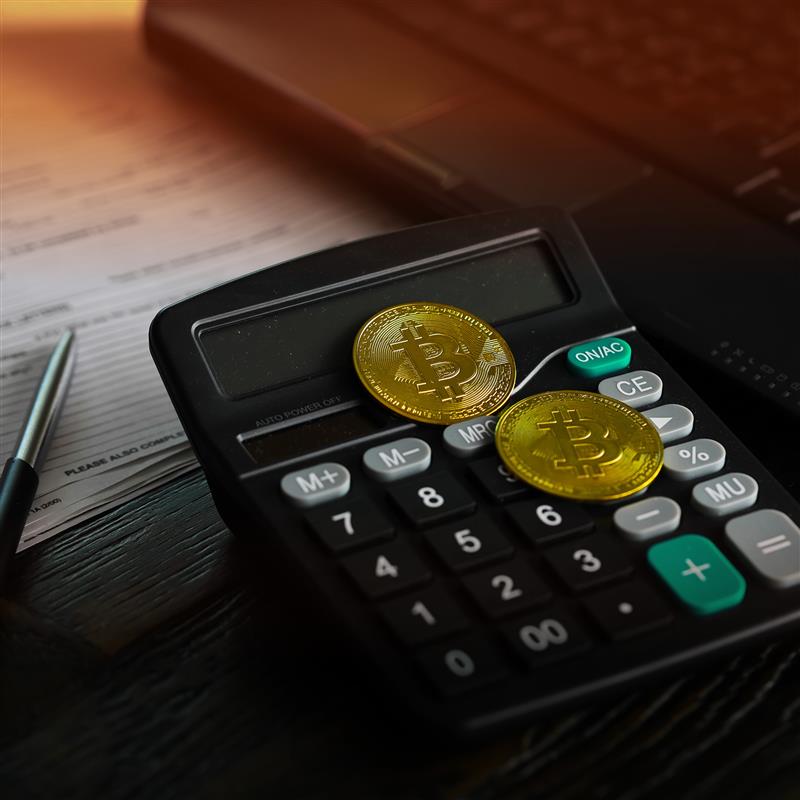
Indonesia has clarified the income tax and value-added tax ("VAT") treatments for crypto asset transactions through Minister of Finance Regulation No. 50 of 2025 on income tax and VAT treatments of crypto asset transactions ("Regulation"). This Regulation replaces the previous regulation, Minister of Finance Regulation No. 68/PMK.03/2022, and introduces several groundbreaking provisions. These include an increase in the final income tax rate, the elimination of VAT for transfers of crypto assets, and a shift in oversight authority from the Commodity Futures Trading Regulatory Agency (Bappebti) to the Financial Services Authority (OJK).
Under the Regulation, which takes effect on 1 August 2025, crypto assets are defined as digital representations of value that can be stored and transferred electronically using distributed ledger technology (buku besar terdistribusi) such as blockchain. These assets are not guaranteed by any central authority. Instead, they are issued by private entities and may take the form of digital coins, tokens, or other asset representations, including both backed and unbacked crypto assets.
The Regulation aims to provide greater legal certainty for market participants and to enhance state revenue through clearer tax treatment of crypto transactions.
Income Tax Treatment of Crypto Asset Transactions
When sellers, PPMSEs (which are electronic system operators or penyelenggara perdagangan melalui sistem elektronik), or crypto miners earn income from crypto asset transactions, they will be subject to income tax.
-
Income for crypto asset sellers
Sellers of crypto assets are subject to final income tax under Article 22 at a rate of 0.21% of the transaction value (converted to Indonesian Rupiah or IDR), for transactions carried out through electronic systems operated by a PPMSE. These transactions include the sale of crypto assets using fiat currency, crypto-to-crypto swaps, or other forms of crypto transactions. In such cases, the PPMSE acts as the withholding tax agent and must issue an income tax withholding slip, as well as remit and report it in their periodic income tax return.
However, a PPMSE that only provides e-wallet services, merely facilitates peer-to-peer transactions, and does not facilitate crypto asset trading, is generally not considered a withholding tax agent. In these instances, the crypto asset seller is required to self-withhold, pay, and report the Article 22 income tax directly.
-
Income for PPMSE
Income earned by PPMSEs from providing crypto-related electronic platforms, such as service fees for deposits, withdrawals, e-wallet transfers, or other platform services, is subject to the general corporate income tax at 22% of taxable income and must be reported in the PPMSE's annual tax return.
-
Income for crypto miner
Crypto miners are also subject to income tax on earnings such as service fees, block rewards, verification fees, or other crypto asset-related income. These are taxed at the general corporate income tax rate of 22% and must be reported in the annual tax return. Notably, these provisions will apply starting from the 2026 fiscal year.
VAT Treatment of Crypto Asset Transactions
One of the key changes introduced by the Regulation is the reclassification of crypto assets. Previously, crypto assets were treated as intangible goods, as they could be traded or transferred individually despite lacking any physical form. Now, crypto assets are defined as securities (surat berharga). As a result, the transfer of crypto assets is now considered a transfer of securities and is therefore exempt from VAT.
However, supporting services related to crypto assets provided by PPMSEs and crypto miners are considered taxable services and are subject to VAT. Taxable services provided by PPMSEs which are subject to VAT include crypto asset transactions using fiat currency, crypto swaps, and e-wallet functions (such as deposits, withdrawals, and transfers). Meanwhile, taxable services provided by crypto miners which are subject to VAT are taxable services in the form of crypto asset transaction verification services.
To collect VAT, the PPMSE must be registered as a VAT-able entrepreneur (pengusaha kena pajak or "PKP") and be able to issue tax invoices. The applicable VAT is charged at an effective rate of 11%, calculated by applying the 11/12 portion (based on nilai lain or deemed value) to the standard 12% VAT rate. This rate applies to the gross amount of service fees, commissions, or other income received, with conversion to IDR as needed.
Crypto miners must also be registered as PKP to issue tax invoices. VAT on verification services is imposed at an effective rate of 2.2%, calculated by applying a 20% factor to the 11/12 portion of the 12% VAT rate. The tax base is the compensation received, whether in money or crypto assets, including block rewards from the crypto asset system, subject to conversion to IDR.
Both PPMSE and crypto miners must calculate, remit, and report VAT in their periodic VAT return by the end of the month following the transaction.
Tax Treaty Relief for Foreign Crypto Asset Sellers
Foreign crypto asset sellers who are tax residents of a country that has a tax treaty with Indonesia may be eligible for relief from Article 22 final income tax. In such cases, the income earned from crypto asset transactions in Indonesia will not be subject to Indonesian income tax, provided that the seller can prove their tax residency.
To claim this exemption, the foreign seller must submit a valid certificate of domicile to the PPMSE.
Tax Obligations for Foreign-Domiciled PPMSEs
Foreign-domiciled PPMSEs may be appointed by the Minister of Finance as withholding agents for Article 22 final income tax. If appointed, the Directorate General of Taxes will issue a tax ID number (nomor pokok wajib pajak or NPWP) to the foreign-domiciled PPMSE. Subsequently, they are responsible for collecting, remitting, and reporting tax on income earned by crypto asset sellers through the electronic platforms they operate.
To be appointed as a withholding agent, a foreign PPMSE must meet one or both of the following thresholds within a 12-month period:
- The total transaction value conducted by crypto asset sellers in Indonesia exceeds a certain amount; and/or
- The number of users or traffic from Indonesia exceeds a specific threshold.
The exact thresholds will be further regulated under a separate Ministry of Finance decision.
Once appointed, the PPMSE must withhold the Article 22 final income tax at a rate of 1% of the transaction value. If the transaction has already been subject to income tax in another country, the foreign tax cannot be credited against the Indonesian income tax.
If no withholding agent is appointed, the responsibility to pay and report the tax falls to the crypto asset seller, who must do so through their own periodic income tax return.
Key Takeaways
The Regulation reclassifies crypto assets as securities, resulting in the transfer of crypto assets being exempt from VAT. This shift reflects Indonesia's recognition of crypto assets as instruments that store value, serve as a medium of exchange, and function as a unit of account, which are characteristics shared with money and securities. The new classification aligns Indonesia's approach with that of more advanced jurisdictions, where crypto trading is typically not subject to VAT or similar consumption taxes.
However, VAT remains applicable to supporting services, including those provided by PPMSEs and crypto miners. These services, such as fiat-based crypto transactions, crypto swaps, e-wallet functions, and transaction verification, are subject to specific VAT rates and compliance obligations. Additionally, income derived from crypto transactions by sellers, PPMSEs, and miners is subject to income tax, with rates and responsibilities varying based on the nature of the transaction and the role of the taxpayer.
By adopting this framework, Indonesia aims to enhance legal certainty, align with global practices, and improve its attractiveness to investors in the digital asset space.
Have any Question please contact
TAX & CUSTOMS
Contribution Note
This Legal Update is contributed by the Contact Partners listed above, with the assistance of Debora Eunike Munaiseche (Associate, Assegaf Hamzah & Partners) and Sukhemadewi (Associate, Assegaf Hamzah & Partners).


